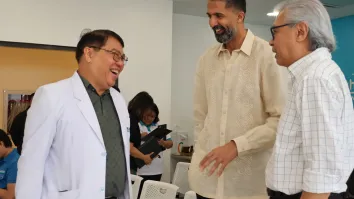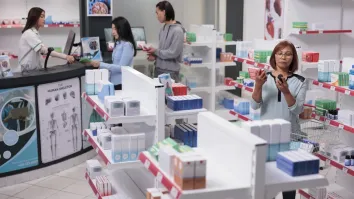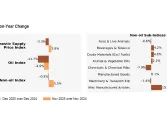ÖKOSIX drives sustainable healthcare with plant-based biodegradable masks
The product features more than 90% lower carbon footprint.
GREENTECH ÖKOSIX is gearing towards sustainability through their development of a biodegradable medical mask made from plant-based materials for faster degradability and compostability.
ÖKOSIX’s Communications and HR Director Cinder Lee revealed that the production and use of plastic facemasks during the COVID-19 pandemic led them to developing a more sustainable alternative.
“After the supply [for traditional masks] got stable, we started looking for some environmental material,” Lee recalled when interviewed by Healthcare Asia. “We found that there was no sustainable material for medical facemasks.”
That experience set things off for ÖKOSIX. “That’s why we started,” said Lee.
Certified quality
Lee shared that the company has secured different certifications to verify their product’s quality.
“Our product has passed medical mask standards in Australia, ASTM levels, and European standards,” she said.
She also mentioned that the mask has been certified by the Société Générale de Surveillance (SGS) after undergoing a length test for both degradability and compostability.
“It proved that our mask can degrade over 90% in 90 days; then, for compostability, it can be composed within six months,” Lee added, noting how their material degrades into water, carbon dioxide, and biomass.
“After it degrades it becomes biomass which can act as nutrition for plants,” said Lee.
Potential expansion across borders
When asked about product distribution, Lee told Healthcare Asia that ÖKOSIX has started supplying medical masks to some hospitals and clinics in Hong Kong with further plans of expanding outside Asia.
“We have potential customers in the US, Canada, and Europe, and this morning, we have discussed with the biggest mask manufacturer in Taiwan since he was very interested in our material,” Lee said.
Despite the company’s current limitations, she said ÖKOSIX is looking to scale its operations through potential partnerships.
“We have limited manpower so we would love to have a distributor or some manufacturer that is interested as we want to expand our market in Asia,” she said enthusiastically.



















 Advertise
Advertise






